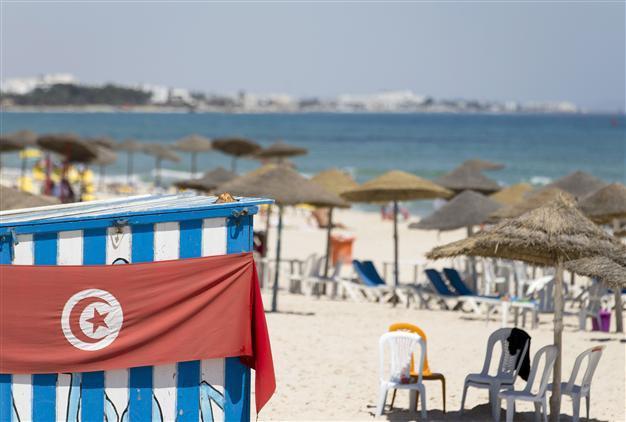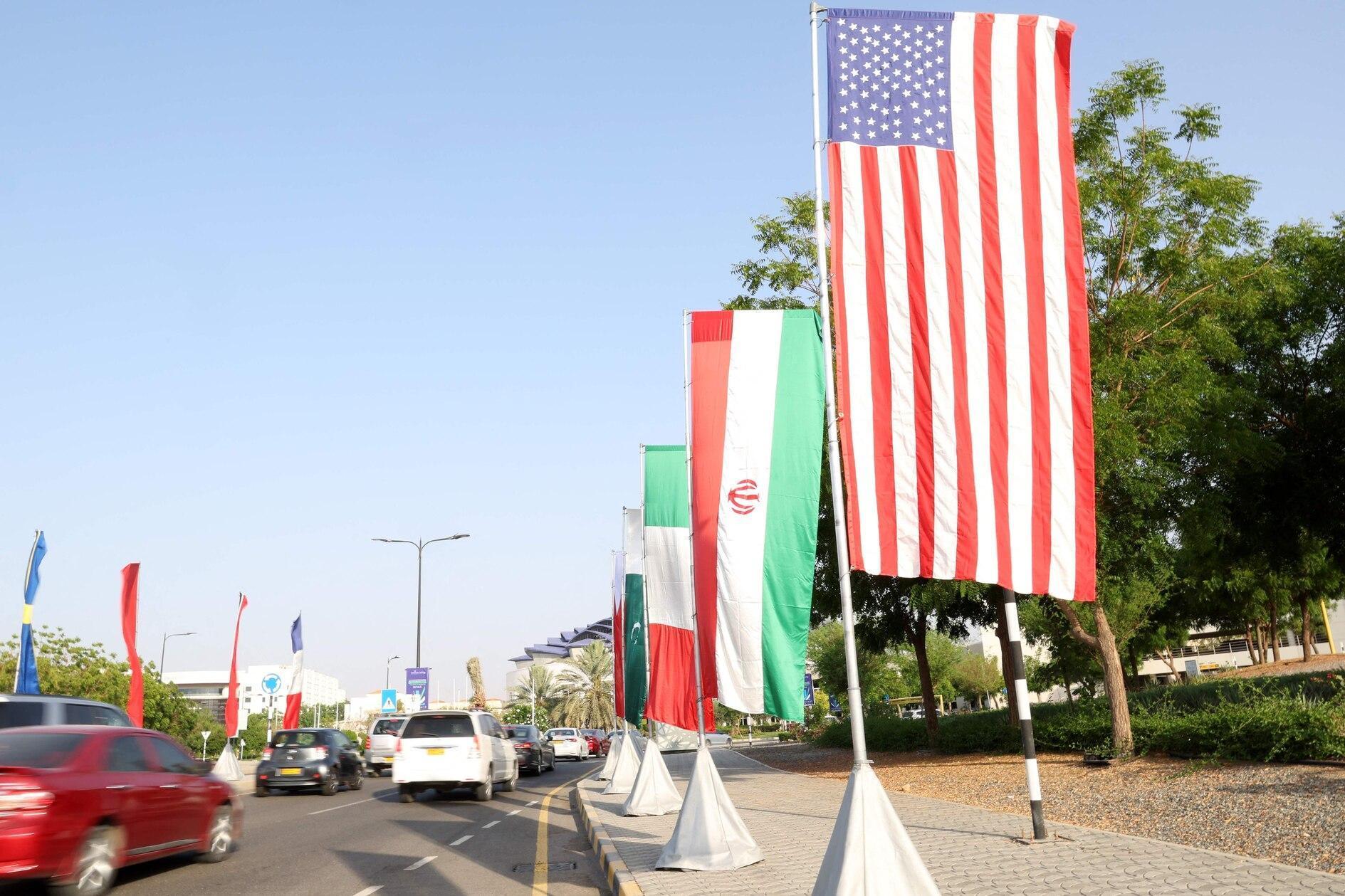Tourism chief urges world ‘solidarity’ to defend travel
TUNIS - Agence France-Presse

A file picture taken on June 27, 2015, shows an empty beach in Sousse near the beach of the Riu Imperial Marhaba Hotel in Port el Kantaoui, on the outskirts the city south of the capital Tunis, following a shooting attack a day earlier. AFP Photo
The World Tourism Organization urged the international community on Nov. 12 to pool its resources to protect travel against terrorism fears that have devastated the industry in Tunisia and Egypt.“The entire international community has the responsibility to help and support,” WTO secretary general Taleb Rifai told AFP on the opening day of a conference on tourism in Gammarth, a northern suburb of Tunis.
“We will never allow the forces of darkness to stop us from travelling to Tunis, to Egypt, to all parts of the world,” said the head of the WTO, a United Nations agency.
Rifai said “everybody must help everybody else to make sure that they don’t win the battle, and they will not win the battle”.
The technological means to fend off terrorism were available, he insisted.
“We have the technological means, we have management abilities to be able to control that. We should uplift and upstage our ability to make travel safe,” he said.
“We are not utilizing enough technological means, we are not cooperating enough as an international community in terms of intelligence and sharing information.”
The two-day conference, organized by the WTO and Tunisian government, follows jihadist attacks in Tunis and the seaside resort of Sousse that killed 60 people in March and June, all but one of them foreign tourists.
Tunisia’s tourism sector, which accounts for almost 10 percent of Gross Domestic Product and employs 400,000 people, has been brought to a standstill.
Elsewhere in North Africa, tourism to Egypt has plunged after the October 31 crash of a Russian plane which took off from its Red Sea resort of Sharm el-Sheikh.
The Islamic State of Iraq and the Levant (ISIL) said its militants downed the plane, and while the cause of the crash has yet to be established, there is growing suspicion that it was a bomb.
Despite such heavy blows, Rifai was upbeat on the prospects for the tourism industry and forecast a turnaround within months.
“We must never allow these incidents to intimidate us,” he said. “By this end of this month, by the end of this year, you’ll see that the trend will reverse.”
Tunisia’s tourism minister, Selma Rekki Elloumi, said that “what happened in Sharm el-Sheikh could have happened anywhere.”
“We now know that the risks exist everywhere in the world,” she said.
















